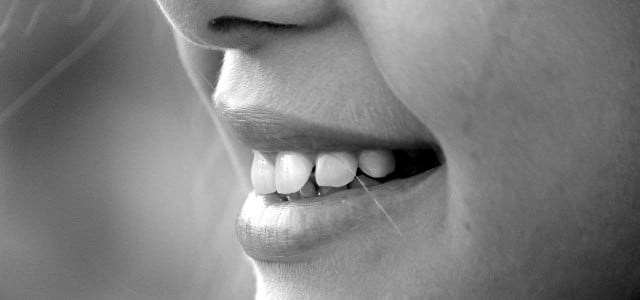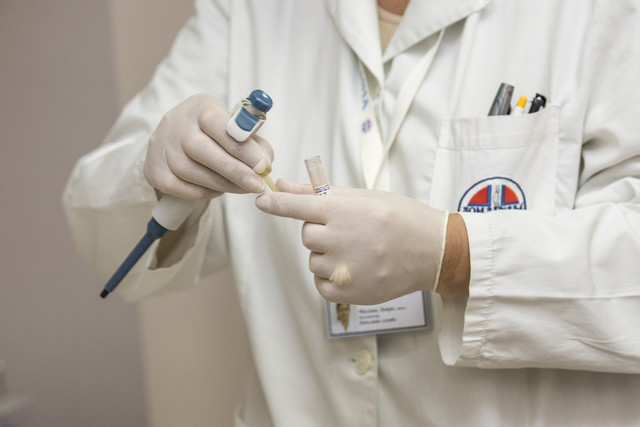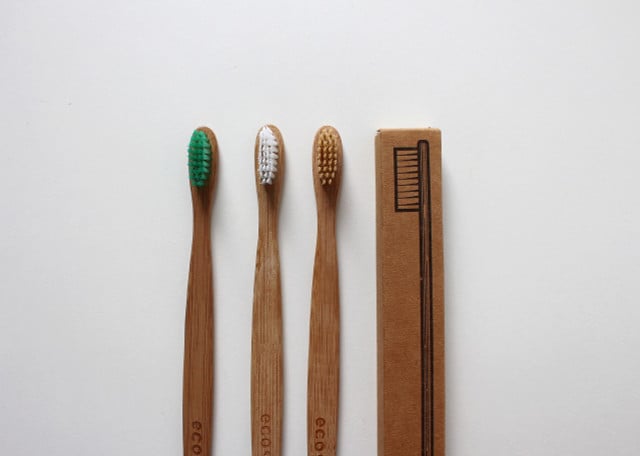
A metallic taste in the mouth can have many causes. Fortunately, most of these are harmless. We’ll tell you what can be behind it if it suddenly tastes metallic in the mouth.
Maybe it’s happened to you before – suddenly a metallic taste spreads in your mouth from which you don’t know where it’s coming from. Not only can this taste be quite disturbing because it is very dominant – it can also be unsettling. Finally, parageusia and dysgeusia, the medical terms for the phenomenon, can also be related to diseases.
Metallic taste in the mouth: There are these reasons for it

(Photo: CC0 / Pixabay / Pexels)
If there is a metallic taste in the mouth, there is usually a harmless explanation. The following could be responsible for the altered taste:
- The most obvious reason for a metallic taste is a small bleeding wound, such as a gum or gum injury. Your dentist can help you, especially with gum problems that occur again and again.
- A cold can also be behind the metallic taste: if you are struck, your sense of taste can change. If you suffer from a sinus infection, for example, this can be the cause of the strange taste. As soon as you have recovered, this disappears again.
- Sometimes, however, an allergy is the cause, as the non-profit European Foundation for Allergy Research writes. If you keep getting a metallic taste in your mouth after eating a certain food, you should have this checked out by a doctor.
- Side effects of medication can also be the cause of the unusual taste. A metallic taste can occur, for example, from taking aspirin, diabetes and gout medications. You can find information on this in the package leaflet. This taste disturbance disappears shortly after stopping the drug. A metallic or bitter taste in the mouth can also occur during chemotherapy.
- The change in taste can also occur during pregnancy. This is due to the altered hormone balance, is widespread and harmless.
Metallic taste in the mouth: when to have it clarified?

(Photo: CC0 / Pixabay / DarkoStojanovic)
If the metallic taste lingers in your mouth for days, you should have it checked out medically. Although rare, a persistent metallic taste in the mouth can indicate a neurological condition. Reasons for this can be damage to the brain or nerve cells. According to the Federal Association of German Internists, the changed taste can also indicate kidney weakness. Other symptoms include water retention, nausea and bad breath.
This helps against a metallic taste in the mouth

(Photo: CC0 / Pixabay / Monfocus)
Luckily, if your mouth tastes metallic, there’s something you can do about it. In fact:
- Maintain good oral hygiene. Regular brushing and flossing prevent gum problems. As a result, there is less of a metallic taste in the mouth.
- Home remedies like drinking a salted glass of water, eating a piece of chocolate, or something sour can neutralize the taste in your mouth.
- You can also combat the taste by chewing gum or sucking on a candy.
- If you are a smoker, try to quit. Especially people who smoke are often affected by a metallic taste in their mouth. You can find useful tips on this in this article: Become a non-smoker: why you should stop smoking now.
Read more on Techzle.com:
- Bad breath: causes and remedies for bad breath
- Make your own toothbrush powder: simple instructions with ideas for variations
- Flavors: How your tongue can help you eat healthily